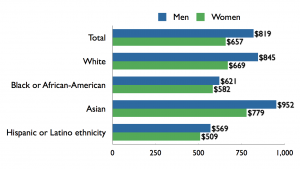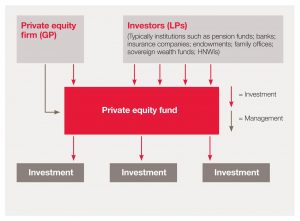In recent years, America has been putting lots of emphasis on the importance of the STEM (Science, Technology, Engineering, and Mathematics) programs. The idea behind it is that science allows for critical thinking skills to develop in students that will allow them to be more innovative in the future. The more innovative our society can become, the more technological advances we can make, and thus, the more important we can become to the global markets as they vie and trade for our inventions. As a whole, I think the STEM program is an incredible initiative for two reasons: The first, being that it will edify the society and increase the utility of its members, and the second being that it will further increase the genius of the community exposed to the STEM programs. As I have stated before, “genius can only breathe freely in the atmosphere of freedom.” We have to allow for individuality and differences in the STEM program to help more people to find the most new and innovative ideas. That is why it is so important that we also help minority groups learn STEM skills too. The diversity in the program will allow everyone to share their differing ideas and by building off of each other, the most original and innovative invention ideas can take root in students’ minds. Allowing for genius is the most influential way to help a community prosper.
From there, it leads me to my next point that the STEM program would increase the utility of the people in the society. By teaching students critical thinking skills, it turns them from pigs into humans who can utilize more of their capacities and capabilities. Thus, it is to the benefit of the most people to both encourage involvement in the STEM initiative as well as contribute to the government funding of it. Recently, Obama has proposed a 100 million dollar initiative to help with the creation of STEM teachers. Granted, some older citizens may have qualms against their tax dollars being used for funding a program that they will never get to partake in, but it is for the greater good of the community. From a utilitarian standpoint, we can see how lifting up the younger generations and edifying them into civil, intelligent, critical thinkers would help the society as a whole. With more intelligent youth taught by STEM teachers, more intelligent adult populations emerge as the youth continue to age, and a community is always in need of leaders who can think critically and make more civil and intelligent decisions.



